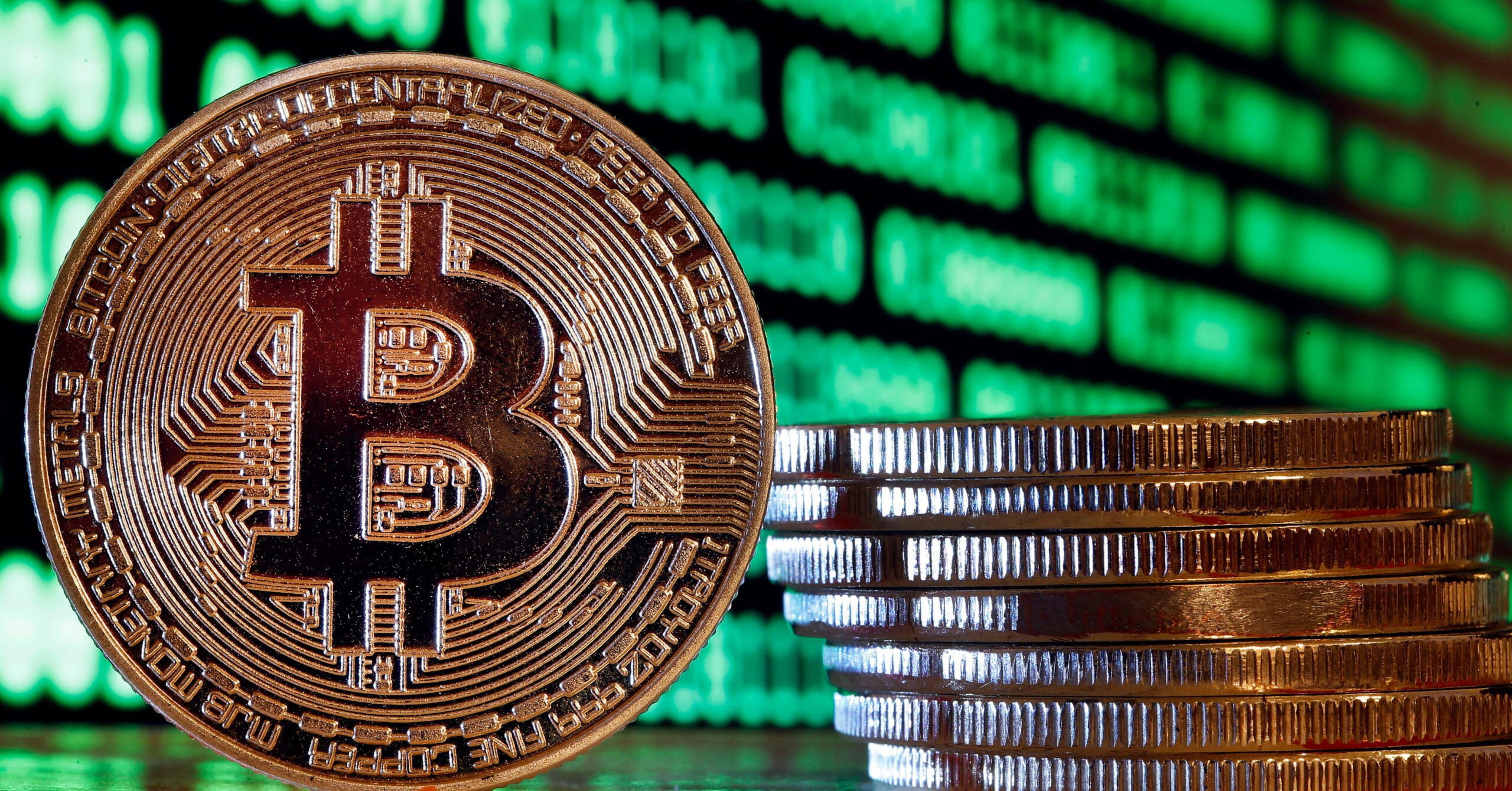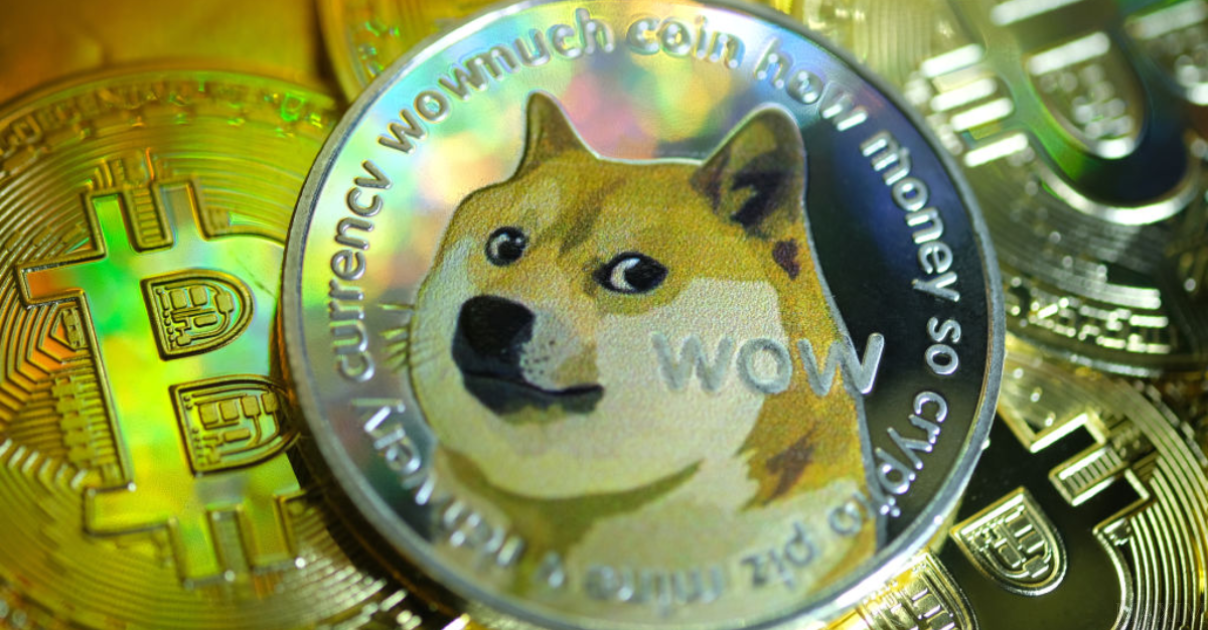Here’s What Happens To Your Crypto After You Die
How to ensure your Bitcoin keeps providing for others after you’re gone.

Cryptocurrency is money, and it’s money that can seemingly magically multiply if you play the crypto speculation game well — someone who purchased $1,000 in Bitcoin, for example, in 2010, would be a multimillionaire today — so naturally the question as to where it goes when a crypto holder dies comes up on a regular basis.
In a new article for The Hustle, writer Zachary Crockett attempts to answer the question, “What happens to your bitcoin when you die?”

It turns out that the answer, like much having to do with crypto trading in general, is not always that straightforward.
If a man dies with, let’s say, just over $70,000 worth of holdings in coins like Bitcoin or Ethereum, then there are two simple, old-fashioned possibilities, according to The Hustle:
- If he had a will, they’d be distributed to whomever he legally designated to be his successor(s).
- If he didn’t have a will, a decedent (typically a spouse) would apply for probate, and then his state would’ve designated an administrator to dole them out according to a formula.
Question answered, right? Not exactly. With cryptocurrency, there is the problem of the private key. Here’s more from The Hustle:
Crypto investors maintain their own assets using digital wallets that are only accessible via a password or a private key — a 256-bit long string of alphanumeric characters that is only known to the account holder.
Without these private keys, there is little hope of heirs ever accessing a dead loved one’s crypto holdings.
Imagine the frustration of knowing a loved one died with even just a few thousand bucks in a coin of some kind but you can never access it in any way to help pay for funeral costs or aid dependents.
The Hustle cites a few cases where this has happened, like the death of businessman Mathew Mellon, who had “turned a $2m investment in the cryptocurrency Ripple into a reported $500m+,” before he “died without telling anyone where his private keys were stored.”

Mellon’s wallets are still buried out there somewhere in the digital wastes.
So what do crypto holders, who like lottery winners are sometimes regular folks who had a lucky strike, do to ensure those assets don’t just effectively vanish? The Hustle consulted Erin Bury, the Canadian entrepreneur who runs “digital estate planning service” Willful. Bury recommended a four-step process for making sure your crypto gets passed on to rightful heirs:
- Write down a detailed list of your crypto assets, where they’re located, and how to access them.
- Store this information in a secure place (or multiple places).
- Assign a digital executor to access and delegate your crypto.
- Create a will to specify who gets what.
What’s a really secure way to make sure that list of crypto assets remains available and intact? That’s the ironic part — the answer to that problem is about as old school as it gets, according to Bury, who simply said, “Most people just write down everything on a piece of paper and put it in a safe.”
An alternative to plain paper in a safe is a USB drive holding the information, but The Hustle goes on to note that these measures all have their own vulnerabilities and another, newer alternative might be a “crypto inheritance platform.”
These platforms offer subscription packages to help digital asset investors secure access to their crypto. They include sites like TrustVerse, which stores keys and passwords using Artificial Intelligence and additional encryption measures, and Safe Haven, which lets you “store private keys on the blockchain and set in place their own distribution parameters.”
For additional information including how taxes work when it comes to inheriting cryptocurrency, read the full article at The Hustle.
For anyone whose eyes glaze over at digging into this subject, there’s always the realization that you can just not worry about it and take it with you — in a way.
After all, whether Dogecoin spikes or dips daily depending on the tweets of Elon Musk won’t matter one bit once you’re gone.
